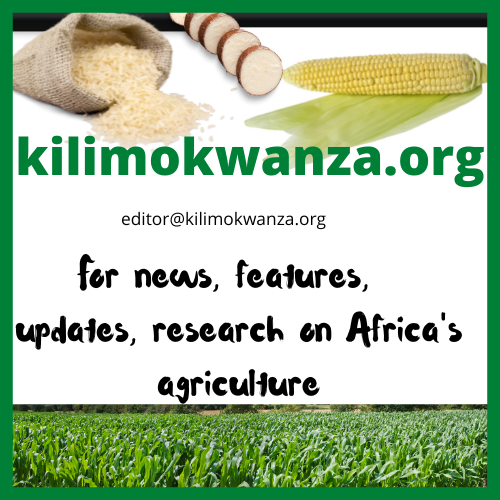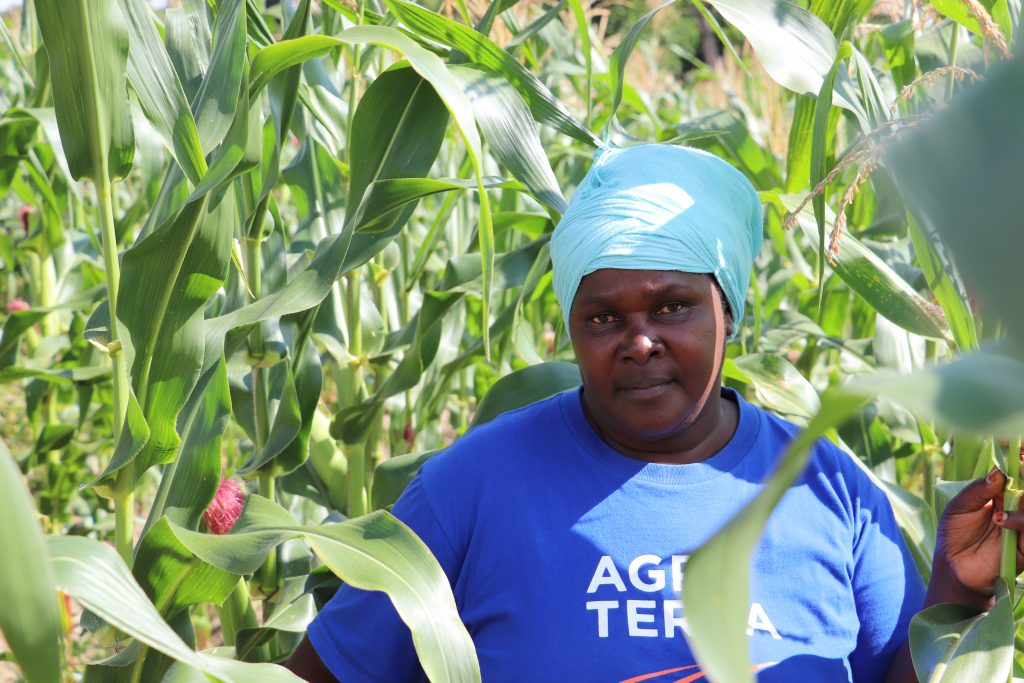Tanzania’s Economic Growth Amidst Climate Challenges: A Resilient Path Forward
By Anthony John
Tanzania’s journey towards economic resilience and growth amidst the adversities posed by climate change is a testament to its strategic planning and adaptability. Despite facing prolonged droughts and floods that have adversely affected the agricultural sector, Tanzania has managed to sustain its economic momentum, showcasing a significant rise in its real GDP growth rate from 4.6 percent in 2022 to an estimated 5.2 percent in 2023. This growth underscores the strength and potential of its economic foundations, particularly the services sector, and highlights the resurgence of tourism as a pivotal factor.
The recent economic developments in Tanzania illustrate the country’s resilience. The World Bank’s “Tanzania Economic Update” highlights that “Tanzania’s economic expansion has remained strong despite multiple overlapping shocks and the country continues to move toward its potential growth after recovering from the pandemic”. This resilience is particularly noteworthy given the global context of economic uncertainties and the local challenges of climate change impacting the agricultural sector, which employs nearly 70 percent of Tanzania’s workforce.
The impact of climate change on agriculture cannot be understated. Abnormal rainfall patterns have led to “more protracted droughts, more frequent floods, and the decelerated sectoral growth”. These conditions have not only damaged crops but also livestock, undermining the food security and income of millions of Tanzanians. Despite these challenges, the country’s strategic response to climate change, emphasizing the resilience of the agriculture sector, marks a critical step towards sustainable growth.
Moreover, the “Tanzania Economic Update” points to the vital role of the services sector, which accounted for half of the GDP growth during the first nine months of 2023. The recovery of tourism, in particular, has been remarkable. The document notes the significant increase in international tourist arrivals, which doubled from 0.8 million in the first eleven months of 2021 to 1.6 million in the same period in 2023. This surge in tourism has not only contributed to the GDP but also revitalized related sectors such as transport, accommodation, and food services, creating a multiplier effect across the economy.
The resilience of Tanzania’s economy is further demonstrated by its efforts to improve the business environment and stimulate investment. The government’s enactment of the new Tanzania Investment Act and the implementation of the Tanzania Electronic Investment Window (TeIW) are steps designed to streamline investment processes and attract foreign direct investment (FDI). Despite the volatility in net FDI inflows, these initiatives signify Tanzania’s commitment to creating a conducive environment for business and investment, which is crucial for sustained economic growth and development.
Tanzania’s economic outlook is positive, with the potential for growth to reach its full capacity if ongoing reforms are steadfastly implemented. The World Bank document suggests that “if the government implements planned reforms steadfastly, growth should gradually reach its potential real GDP growth rate”. These reforms, aimed at enhancing competitiveness, improving the investment climate, and reducing regulatory compliance costs, are essential for Tanzania to harness its full economic potential.
However, the journey ahead is not without challenges. The adverse effects of climate change on the agricultural sector underscore the urgent need for comprehensive strategies that enhance resilience and sustainability. Investments in climate-smart agricultural practices, water management, and infrastructure are critical to mitigating the impact of climate-related disasters. Additionally, fostering a business environment that encourages innovation, investment, and diversification will be key to achieving long-term economic stability and growth.
Tanzania’s economic resilience in the face of climate challenges is a beacon of hope for many developing countries grappling with similar issues. The country’s strategic response, focusing on the agriculture and services sectors and improving the business environment, sets a roadmap for sustainable economic growth. However, the path forward requires continued commitment to reforms, investment in resilience, and a collaborative approach that involves all stakeholders. With its rich natural resources, strategic location, and dynamic population, Tanzania is well-positioned to overcome these challenges and harness its economic potential for the benefit of all its citizens.


